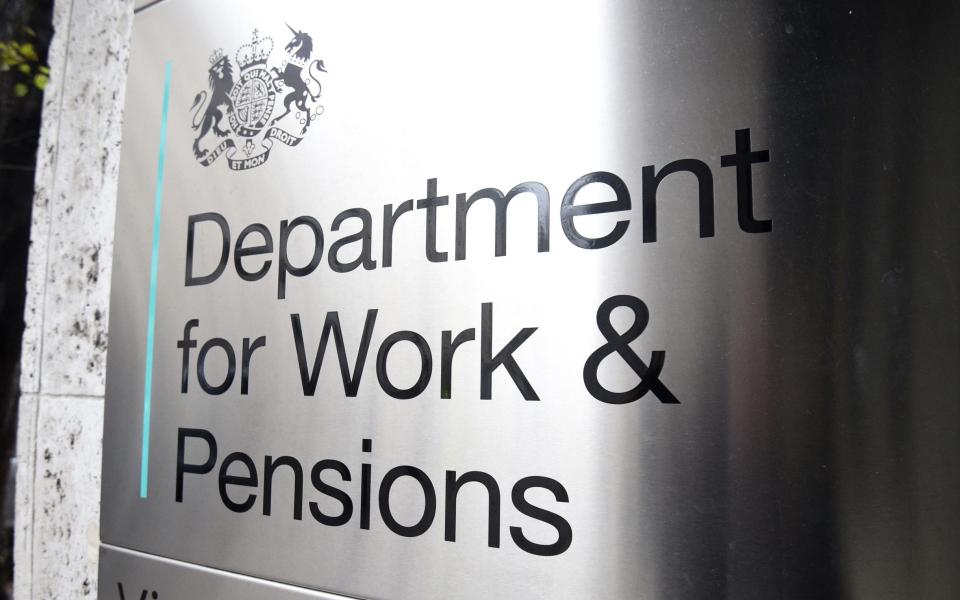Government refuses to seek out women owed £100m in state pension payments

The Government said last week it would not actively contact the tens of thousands of married women owed more than £100m in state pension payments after being underpaid for years.
Guy Opperman, the pensions minister, told the House of Commons that the Department for Work and Pensions would correct any payments once contacted and encouraged people to come forward. However, he ignored calls from Labour MPs for the Government to seek out affected women.
Mistakes made by the Department for Work and Pensions have left female pensioners hugely out of pocket.
A damning report from pensions consultancy LCP found that thousands of women were being underpaid their state pensions, despite the Government attempting to fix the problem for years.
The issue affects married women who took time out of work to care for children and therefore did not make enough National Insurance Contributions to earn the full state pension. These women were entitled to have their state pension increased if their husband qualified for the full amount.
However, until 2008, women had to claim the uplift manually, meaning many missed out. The LCP report shone light on the issue and has led to people coming forward and claiming lost earnings.
A married woman can claim a state pension of £80.45 if her husband’s has a complete record of NICs and is entitled to the full basic state pension of £134.25.
Shirley Fitzpatrick, 76, from Dorset, said she was owed £17,600 in state pension payments after being given less than her entitlement for more than 12 years.
Mrs Fitzpatrick said she wrote to the Government after reading the LCP report and received the money in her account within weeks. “Luckily I was sitting down when I saw how much they were going to send – I thought they had made a mistake and put an extra nought at the end,” she said.
Her state pension has now also nearly double from £45.48 a week to £80.45. “I always commented about how low the pension seemed to be and it is something we never followed up on because you believe the Government has it right,” she said.
A large number of elderly, widowed and divorced women are being forced to survive on a reduced stipend because of the flaw in the system.
Former pensions minister Sir Steve Webb, who authored the LCP report, criticised his successor’s “woefully inadequate” response. He said thousands of these women were being short-changed and should be able to claim back all the money they had been denied.
The report urged anyone who suspected they had been missing out on state pension payments to contact the Government department.
Married women who have reached state pension age still need to make a separate claim to receive the funds if their husband turned 65 before March 17 2008 – the state pension age of the time. Those who became eligible after this date do not need to apply and will receive the added income automatically.
Any women who did not have their state pension increased automatically when their husband turned 65 after 2008 are eligible to claim the full amount they have been missing to date.
A Government spokesman said it would consider making interest and consolatory payments on a case-by-case basis, depending on individual circumstances.

 Yahoo Finance
Yahoo Finance 